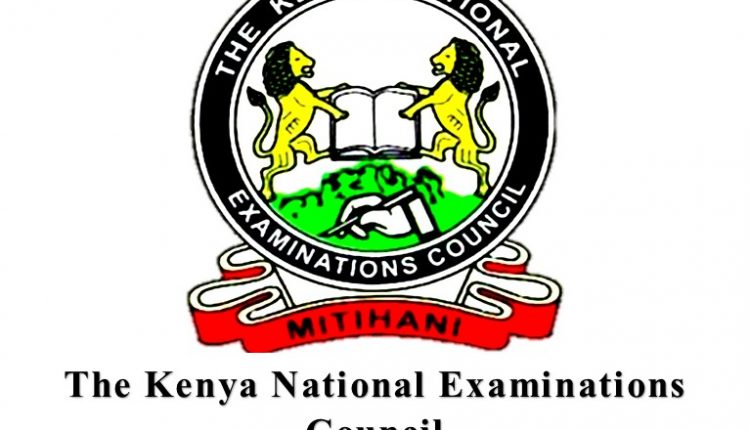KNEC Looking For 2,000 Personnel for the First CBC Qualification Examinations
The Kenya National Examinations Council (KNEC) has begun the process of nominating centre managers, supervisors and invigilators who shall be involved in administering this year’s Teacher Education Examinations that are set to be done between the 4th and the 27th of July 2022.
The Examiner has requested the Teachers Service Commission (TSC) to help in identifying teachers who can serve in the required positions during the administration of the inaugural CBC qualification examinations.
Via a circular signed by Dr Nancy Macharia, the Commission’s Chief Executive Officer (CEO), TSC urged all sub-county directors of education to identify and nominate examination officials and then vet them before adding them to the Examiner’s Contracted Professionals (CP2) system.
The Circular was copied to KNEC CEO Dr David Njengere and TSC Regional and County Directors also directed TSC Sub-county directors to ensure that the number of supervisors and invigilators were matching the need, especially during the optional papers.
“The 2022 Teacher Education Examinations are scheduled to start on July 4, 2022, and end on July 27, 2022. In preparation for the administration of these examinations, the Kenya National Examination Council would wish to have the details of all the centre managers, supervisors and invigilators, who will be engaged in the activity.
“The centre managers should ensure only the required number of supervisors and invigilators report each day of the examinations and online attendance taken on a daily basis. This will ensure teachers will not be idling around examination centres with no role to play,” read part of the Circular.
The Circular also revealed that the Primary Teacher Education (PTE) examinations will start on the 4th of July and end on July 13th, 2022. On the other hand, the Teacher Certificate in Adult Education (TCAE) will start in the 4th of July and end on the 6th of July 2022.
There are 90 PTE colleges and examination centres which will have 151 invigilators and 110 supervisors while SNE colleges will be manned by 74 invigilators and 22 supervisors.
Diploma Teacher Education Colleges are 18 in number and have around 889 candidates who shall be overseen by 50 invigilators and 20 supervisors. The 443 ECDE colleges and examination centres will have around 976 invigilators and 443 supervisors while the 7 TCAE colleges will be manned by 7 supervisors and 16 invigilators.
The Certificate in Primary Teacher Education (PTE) which is commonly known as the P1 certificate among teachers was renamed as Diploma in Primary Teacher Education (DPTE) which indicates that they are trained in a curriculum tailored to handle the new Competency-Based Curriculum (CBC).
TTCs are therefore required to train teachers appropriately and provide professional development which will enable teachers to do research because the tutor will guide teacher trainees on how to embrace the transition from the objective-Based curriculum to the CBC.
The CBC is tailored based on the use of learner-centred methodologies from the realization of the expected outcomes.
Entry grades were also changed from C- (Minus) to a C (Plain) for KCSE certificate holders with a C (Plain) also required in English and Kiswahili, Mathematics and a Science and any Humanity subject.
However, an exception was made for candidates with a disability who have a KCSE Mean Grade of C- (minus) and who will be given a priority in the recruitment process.
The new curriculum will require teacher trainees to spend 3 years in college while it used to be two years previously. Additional three-month teaching practice is also required for those taking DECTE.
According to the CBC task force, pre-service Competency-Based Teacher Education (CBTE) will give the education sector an opportunity to train teachers on the CBC approach.
For the curriculum to be implemented effectively, the CBC task force recommended the Ministry of Education ensure all tutors in pre-service teacher education training colleges undergo an induction on effective interpretation and implementation of the teacher education curriculum framework and its designs.



Comments are closed.